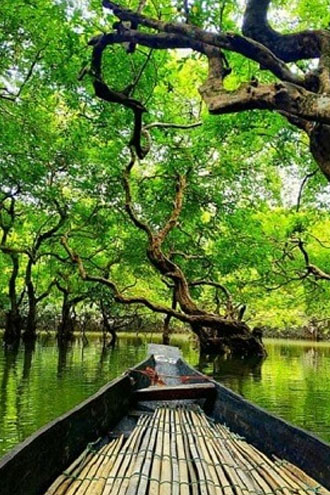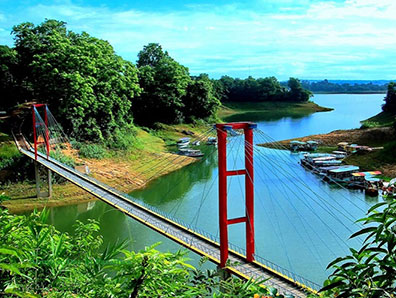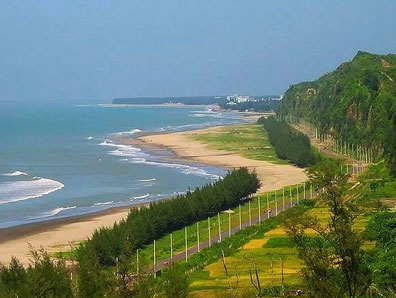The Cook Islands are a self-governing territory in free association with New Zealand, located in the South Pacific Ocean. The group of 15 islands is spread across 2.2 million square kilometers of ocean, with the capital and largest island being Rarotonga. The population is around 17,000. The official languages are English and Cook Islands Māori.
The Cook Islands were discovered by Captain James Cook in 1773 and were later annexed by the British Empire in 1888. In 1901, the islands were annexed by New Zealand, which administered them until 1965 when the Cook Islands adopted self-government in free association with New Zealand. This means that while the Cook Islands is self-governing, New Zealand is responsible for its defense and foreign affairs.
The economy of the Cook Islands is based on tourism, which is the main source of income. Agriculture, fishing and pearls farming also contribute to the economy. The country has a high standard of living compared to other Pacific island nations.
The Cook Islands has a diverse culture, with Polynesian and European influences. The traditional Cook Islands Māori culture is still very much alive, with customs such as traditional dance, music, and tattooing still practiced. The country is also known for its beautiful beaches and clear waters, making it a popular destination for tourists.
The Cook Islands is a parliamentary democracy with a Queen's Representative as the head of state and a Prime Minister as the head of government. The country has a unicameral legislature, the Cook Islands Parliament, consisting of 24 seats.


